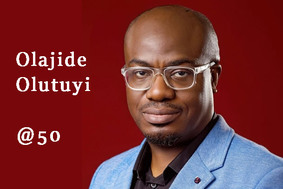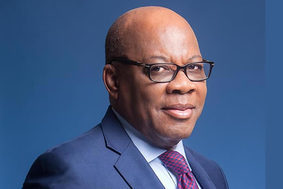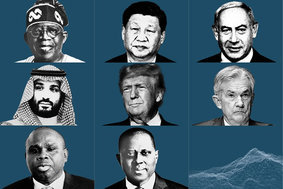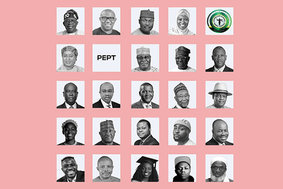Global consensus and dissensus on drug policy
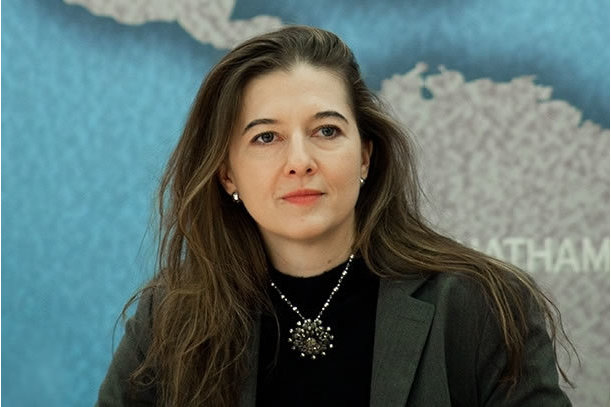
Feature Highlight
The new global consensus that might emerge is that countries will disagree with the goals of drug policies and the methods.
In a new Brookings Cafeteria podcast, Senior Fellow Vanda Felbab-Brown discusses the upcoming Special Session of the United Nations General Assembly on the World Drug Problem (UNGASS 2016), to take place April 19 to 21.
U.N. member states will convene to reassess global drug policies. Some countries, particularly within Latin America and Western Europe, see the existing policies as ineffective and counterproductive. Others, particularly in East Asia and the Middle East (as well as Russia), staunchly support them. As a result of changing domestic policies, including state-level marijuana legalization, the United States is no longer interested in playing the role of the world's toughest drug cop.
Where we are
For the past 30 years, global drug policy has focused primarily on criminalizing drug trafficking, disrupting drug markets and supply, seizing drug shipments, and imprisoning users. During this period, Latin America has experienced staggering levels of drug-related criminal violence, while counterdrug policies have often proved politically destabilizing. Facing eradication of their crops without alternative livelihoods in place, coca, marijuana, and poppy farmers have often felt alienated from their governments.
In East Asia, there is as much drug trafficking and production as in Latin America — but violent criminality is very low. Coupled with very different historical memories, there is thus not the same impetus for drug policy reform. Several Middle Eastern countries find themselves contending with drug addiction. But as drug trafficking there is becoming increasingly intermeshed with terrorism, the Middle East, too, is disinterested in reform.
Where we’re likely going
The United States — the original architect of the global counternarcotics regime and for decades its chief global enforcer — is experiencing an evolution of its drug policies. It has not insisted on poppy eradication in Afghanistan, for example. Domestically, some progress has been made to adopt harm-reduction strategies, far more effective than imprisoning users and destroying their and their families’ lives, with disproportionate negative effects on African Americans. Efforts are under way to release non-violent drug offenders from U.S. prisons. Most crucially, U.S. states are legalizing recreational marijuana, something Uruguay has done — in a different way — at the national level. Even though, shockingly, Assistant Secretary of State for the Bureau of International Narcotics and Law Enforcement Affairs William Brownfield recently criticized harm reduction as a back way to legalization, the United States now advocates flexibility in the interpretation of global counternarcotics treaties.
The so-called “zero draft” document that’s been circulated outlines in broad language how to deal with drugs, reiterating (as the previous UNGASS sessions have done) a nominally holistic approach. However, that seeming consensus is paper-thin. To its credit, the most recent document emphasizes non-punitive policy tools that were clearly not the thrust of previous documents and puts a greater premium on human rights and public health. It also situates drugs within the U.N.’s Sustainable Development Goals. It hardly goes as far as some drug policy advocates prefer, but even moderate liberalization remains contentious among supporters of existing policies. Many contradictions and unaddressed issues remain: The document fails to discuss marijuana legalization and its potential spillover effects, for example, thus ignoring a key contentious issue and papering over the deep global “dissensus” about drug policy.
In fact, the international community is heading toward not only a fractured pluralism, where countries will increasingly go their own ways on drug policy, but also a contentious pluralism, as drug policies in one country affect others. Therefore, flexibility in treaty interpretation could be difficult to sustain in practice, even though it is the best solution for dealing with the global disagreement. Hopefully, such pluralism will help bring about policies that are better-tailored toward local settings. It could also help countries learn from policy experimentation and ultimately adopt better, more humane, and effective policies toward drug trafficking and use.
Post-UNGASS, policy disagreements and opportunities will continue. Countries will seek to discern the degree to which they can experiment with their own drug policy designs. The new global consensus that might emerge is that countries will disagree with both the goals of drug policies and the methods.
Vanda Felbab-Brown is a senior fellow in the Center for 21st Century Security and Intelligence in the Foreign Policy program at Brookings Institution. She is an expert on international and internal conflicts and nontraditional security threats, including insurgency, organized crime, urban violence, and illicit economies. Her fieldwork and research have covered, among others, Afghanistan, South Asia, Burma, Indonesia, the Andean region, Mexico, Morocco, Somalia, and eastern Africa. Follow her @VFelbabBrown
Bradley S. Porter is a Senior Research Assistant, Foreign Policy, Center for 21st Century Security and Intelligence, at Brookings Institution.
Other Features
-
At 50, Olajide Olutuyi vows to intensify focus on social impact
Like Canadian Frank Stronach utilised his Canadian nationality to leverage opportunities in his home country of ...
-
Reflection on ECOWAS Parliament, expectations for the 6th Legislature
The 6th ECOWAS Legislature must sustain the initiated dialogue and sensitisation effort for the Direct Universal ...
-
The $3bn private credit opportunity in Africa
In 2021/2022, domestic credit to the private sector as a percentage of GDP stood at less than 36% in sub-Saharan ...
-
Tinubunomics: Is the tail wagging the dog?
Why long-term vision should drive policy actions in the short term to achieve a sustainable Nigerian economic ...
-
Living in fear and want
Nigerians are being battered by security and economic headwinds. What can be done about it?
-
Analysis of the key provisions of the NERC Multi-Year Tariff Order ...
With the MYTO 2024, we can infer that the Nigerian Electricity Supply Industry is at a turning point with the ...
-
Volcanic explosion of an uncommon agenda for development
Olisa Agbakoba advises the 10th National Assembly on how it can deliver on a transformative legislative agenda for ...
-
Nigeria and the world in 2024
Will it get better or worse for the world that has settled for crises?
-
The Movers and Shakers of Nigeria 2023
This special publication profiles 25 people and institutions based on their societal or industry impact in 2023.
Most Popular News
- IFC, partners back Indorama in Nigeria with $1.25 billion for fertiliser export
- Ali Pate to deliver keynote speech at NDFF 2024 Conference
- Univercells signs MoU with FG on biopharmaceutical development in Nigeria
- CBN settles backlog of foreign exchange obligations
- CBN increases capital requirements of banks, gives 24 months for compliance
- Euromonitor forecasts Sub-Saharan Africa GDP to grow to $4.5trn by 2040

